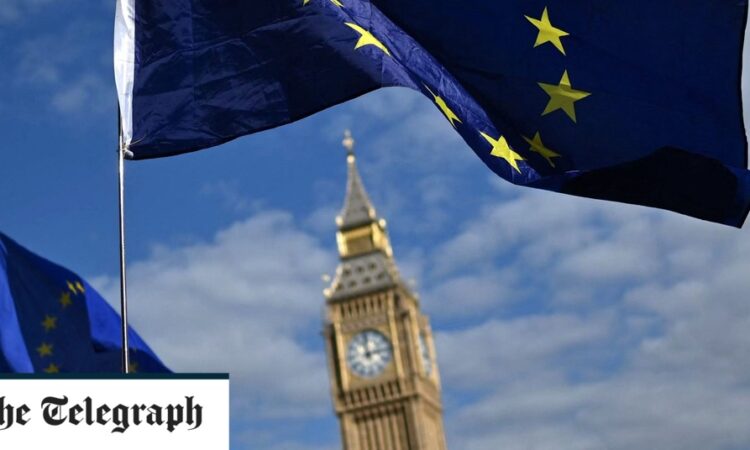
Germany’s currency was too weak for most of the last two decades, but now, with no more cheap Russian gas, and with its prized auto industry getting destroyed by the Chinese, it is probably too high. Even so, it can’t devalue its way through a restructuring of its business model.
Finally, countries have lost the ability to control their own finances. The markets are quite rightly getting worried about the French state’s addiction to spending, and the refusal of its truculent workforce to accept changes to generous pension and welfare schemes.
But if it still had the franc, the central bank could always print the money to pay for it all even if it had to accept a weakening currency. That option has now been closed, with consequences that are becoming painfully obvious.
Two years ago the massive transfers within the zone in the Coronavirus Recovery Fund were meant to fix all the fault-lines in the single currency, while a massive blast of quantitative easing from the European Central Bank papered over the cracks and just about kept the show on the road.
The ECB’s balance sheet, a rough measure of the amount of money printed, hit 82pc of GDP at the peak, compared with 36pc for the US Federal Reserve, and 39pc for the Bank of England.
Over the next year it will become disturbingly clear that the zone is crashing right back into austerity and recession. And that, whatever its other challenges, the UK is at least well out of the mess on the other side of the Channel.






